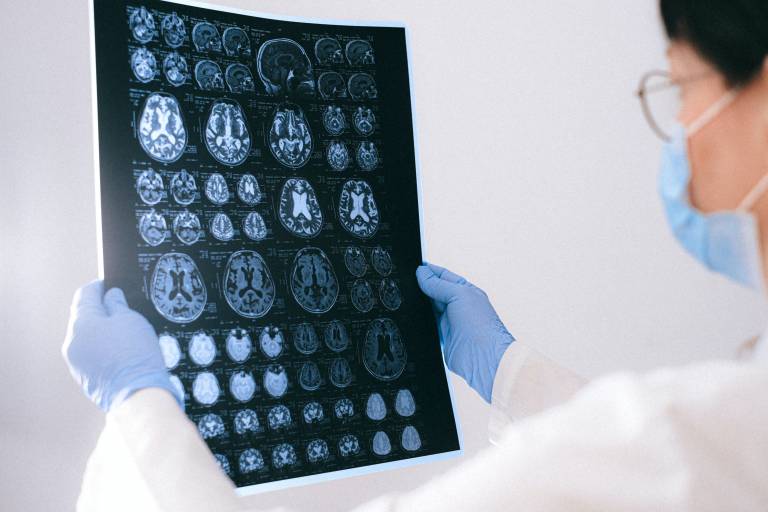International panel proposes new way to classify MS based on underlying biology
23 November 2022
A paper written by a panel of international experts including Professor Alan Thompson proposes a new approach to classifying types of multiple sclerosis (MS).

The paper from the International Advisory Committee on Clinical Trials in MS, published in the Lancet Neurology, calls for a new framework based on underlying biology rather than clinical presentation to describe different types of MS. Such a framework could help individualise treatments and improve care for patients.
Traditionally, MS has been categorised by distinct clinical descriptors – relapsing-remitting, secondary progressive and primary progressive – for patient care, research and regulatory approval of medications. However, MS is not caused by one uniform disease mechanism and such categories don’t account for a patient’s underlying tissue changes, potential response to treatment and future disease course.
Accumulating evidence suggests that the clinical course of MS should instead be understood as a continuum, with concurrent pathophysiological processes that vary across individuals and over time.
By recognising this feature of the disease, the researchers’ proposed approach for classifying types of MS could enable the development of biologically-based treatment approaches that are better tailored to individual needs.
The paper highlights the need for coordinated efforts from researchers, funders, health authorities and patient organisations to integrate the new framework into clinical trials and practice. This would allow regulatory agencies and health authorities to use the proposed system of classification for future drug approvals.
Professor Alan Thompson said:
“We are at an important moment in our understanding of MS and identifying effective treatments. It is crucial that we move from clinically-based to biologically-based definitions of MS progression to better reflect the mechanism of the disease. A new system that defines stages of MS according to underlying pathology – rather than how the disease appears clinically – will have important and beneficial implications for patient care, treatment targets and regulatory decision-making.”
The International Advisory Committee on Clinical Trials in MS is jointly sponsored by the European Committee for Treatment and Research in Multiple Sclerosis and the US National MS Society.
Related
- Multiple sclerosis progression: time for a new mechanism-driven framework
- Professor Alan Thompson’s academic profile
- Rethinking how different types of MS are described – The ECTRIMS Podcast
- International Advisory Committee on Clinical Trials in MS
- UCL Faculty of Brain Sciences
Photo by Anna Shvets on Pexels
 Close
Close

